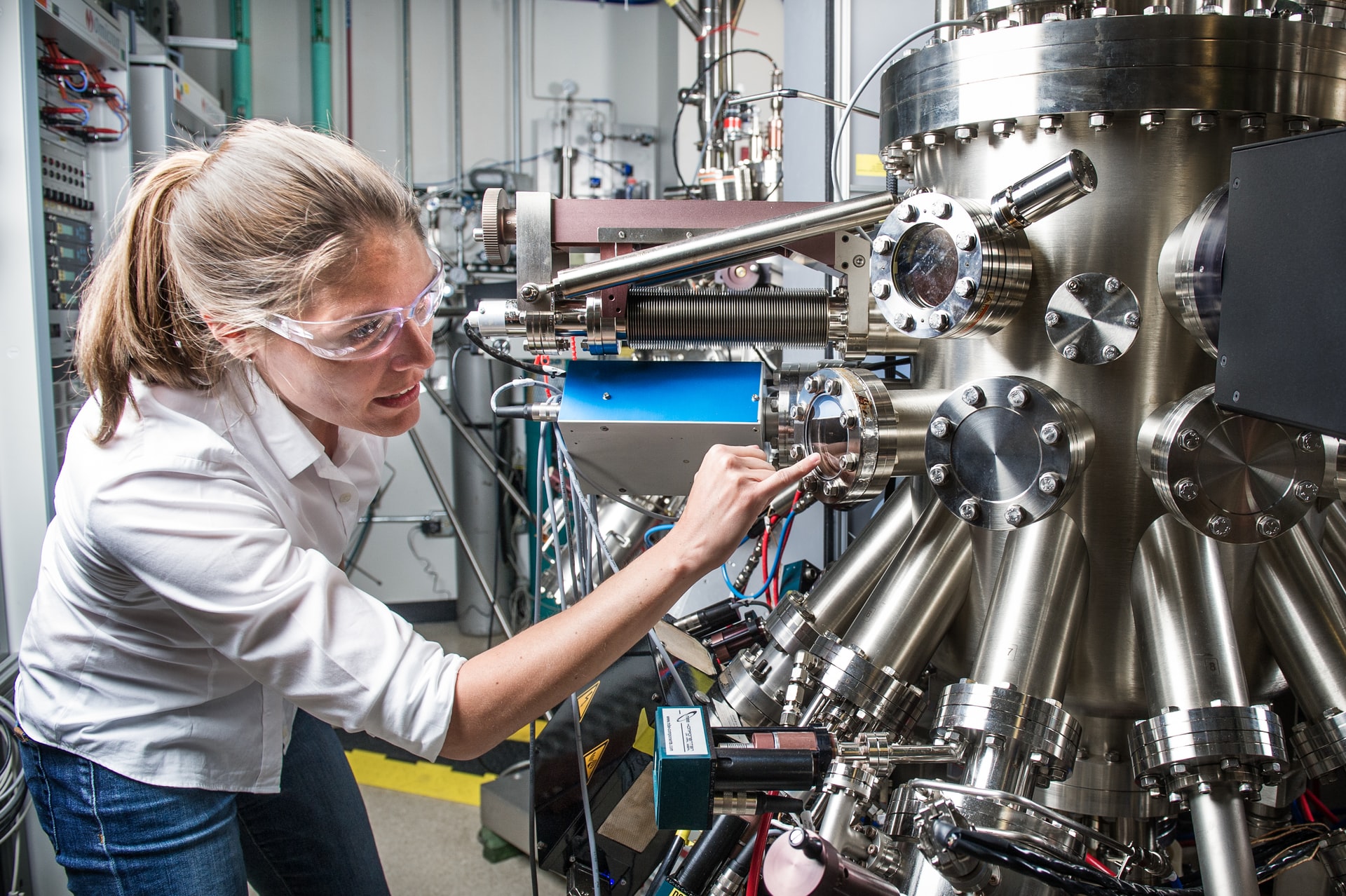The COVID-19 pandemic is making the careers of NZ researchers even more vulnerable, according to a new discussion paper.
The report says this risk is “particularly acute” for Māori, Pasifika, and female scholars, who are more likely to have insecure employment. The authors warn that if researchers lose their positions as a result of the pandemic, New Zealand’s research capacity will take years of investment to restore.
The SMC asked experts to comment on the discussion paper.
Dr Sereana Naepi, Lecturer, Criminology and Sociology, University of Auckland, and Co-Chair, Early Career Research Forum, Royal Society Te Apārangi, comments:
“Aotearoa New Zealand’s research sector has long been a high pressure and precarious space, however, COVID-19 has exacerbated these conditions. Early Career Researchers are our next generation of researchers who will respond to the next pandemic, our climate crisis, inform policy development and shape our society – we will be the next ‘critic and conscious’ as our education act puts it.
“However, very few of us are able to secure full-time permanent work in the research sector. This paper asks that key players such as universities, Crown Research Institutes, and the Government come to the table to develop solutions to this ingrained precarity in the research sector to ensure that we continue to have a thriving research sector for generations to come; one that can respond to the next global challenge and place Aotearoa New Zealand at the forefront of global solutions.”
Conflict of interest statement: Dr Naepi is co-author of the report.
Dr Tara McAllister, Te Aitanga a Māhaki/Postdoctoral fellow at Te Pūnaha Matatini, comments:
“This discussion paper is an important and illuminating conversation starter.
“It highlights that Māori and Pasifika researchers are firstly underrepresented, more often have insecure employment and are also likely to be disproportionately affected by changes in the research environment as a result of Covid-19.
“Beyond starting conversations and encouraging some inward reflections from organisations, I hope that this discussion paper will result in institutional actions to address the further and continued white streaming of the research sector. The authors pose many very important questions including how we could reallocate funding to minimise the negative effects of Covid-19 on ECRs. Without the urgent actions, which the authors have alluded to, in order to address the fact that the already unlevel playing field has now become even more unlevel, we will lose the small amount of diversity the ECR research sector currently has.
“ECRs are the future of our research sector, the answers and future are in our hands but I am unsure how much aptitude the current leaders of the sector have for the transformational changes that all New Zealanders desperately need.”
Conflict of interest statement: I work closely with Dr Sereana Naepi and am also an early career researcher.
Professor Troy Baisden, President, New Zealand Association of Scientists, comments:
“New Zealand’s emerging scientists and researchers have finally spoken about their predicament. COVID-19 has worsened the situation dramatically. We need to listen to them urgently.
“Most early career positions within New Zealand are short, unstable or fragmented. Our young scientists who take these positions to remain connected to whānau, communities, or the natural systems they work on usually find themselves out-competed by peers who went overseas, or immigrant scientists attracted to the allure of New Zealand.
“Ultimately, science is achieved by knowledge and connections laid down as investments over a career. We can’t afford to be treating our future scientists like a cheap commodity, yet the perspective of ECRs and widespread observation suggests this has been the case for some time. Neither the paths into full-time research, nor transitional paths into industry are functioning well.
“Dynamic young researchers should be the heart of a productive research culture and future success. Concerns have been growing, long before COVID-19. If New Zealand wants to avoid a lost generation of scientists, and a lost generation of gains in areas such as technology, health and the environment, the government and science institutions need to review what’s gone wrong, and fix it through significant changes.”
No conflict of interest.
Professor Joanna Kidman, Professor of Māori Education, Te Kura Māori, Te Herenga Waka, Victoria University of Wellington, comments:
“Māori and Pasifika early career academics are increasingly vulnerable in tertiary education settings and this constitutes a significant loss not only to universities but also to New Zealand society, where research initiatives responsive to Māori and Pasifika communities and led by Māori and Pasifika scholars are urgently needed.
“In the current pandemic environment, these groups of researchers face additional challenges as they use and apply their knowledge for the benefit of their communities at the same time as navigating precarious employment conditions within academia. This report makes abundantly clear that preserving the status quo is a risky choice.”
Conflict of interest statement: “I have co-authored papers on these issues with one of the report’s co-authors, Dr Sereana Naepi, University of Auckland.”
Hamish Spencer and Rob Murdoch, MBIE Science Advisors, comment:
“We welcome the view of these early-career researchers and acknowledge their critical importance to the New Zealand Research, Science & Innovation sector. Moreover, as we said in our report, we agree that they will likely be differentially impacted by the economic and other consequences of the COVID pandemic. We wrote (page 3): ‘impacts here will disproportionately affect under-represented and vulnerable groups (notably, Māori, women, early-career researchers, those on fixed-term contracts), thereby harming the diversity, capacity and capability of our upcoming generation of researchers.'”
Conflict of interest statement: Hamish Spencer is Professor of Zoology at the University of Otago and a current recipient of a Marsden grant. Rob Murdoch is GM – Research at NIWA. Both are independent advisors to MBIE.
